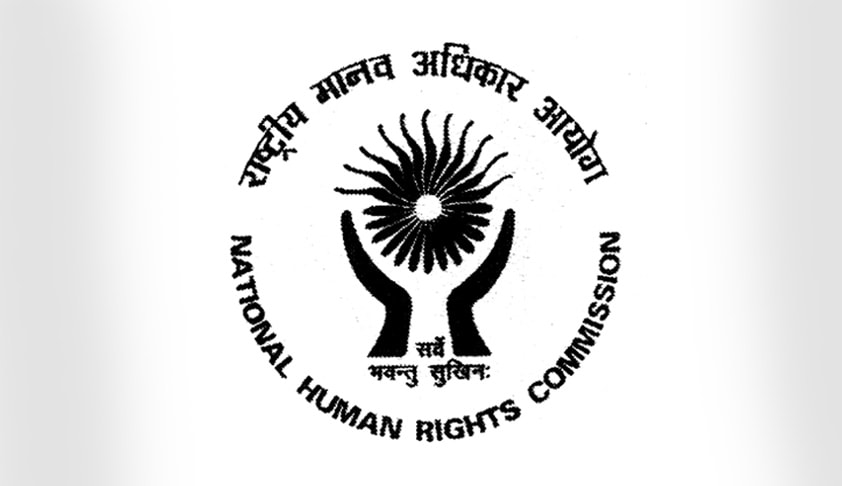NHRC Notice To Govt On ‘Draconian’ Approach In Issuance Of FCRA Licences To NGOs
Vidushi Sahani
16 Nov 2016 7:33 PM IST

Next Story
16 Nov 2016 7:33 PM IST
The National Human Rights Commission (NHRC) has sought government’s response on pertinent questions arising out of allegations raised on the draconian approach of the Government of India for renewal of the Foreign Contribution Regulation Act (FCRA) licences of the NGOs of Human Rights Defenders.The commission took suo moto cognisance of the issue and directed the Secretary (Home) to furnish...
